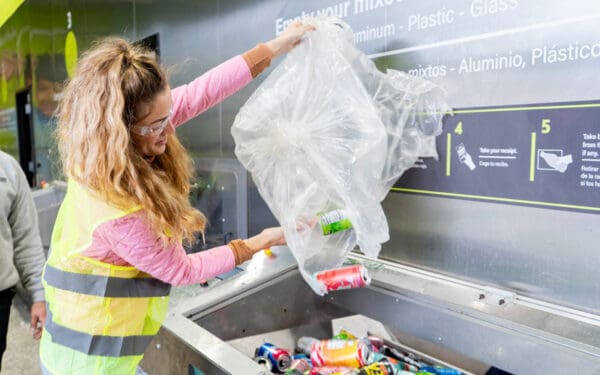Key Marine Habitats Deserve Protection
The Northern Edge is vital Atlantic cod habitat and needs protections.
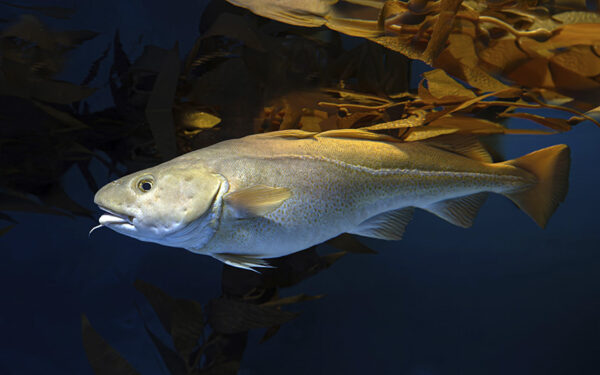
The Northern Edge is vital Atlantic cod habitat and needs protections.

CLF is fighting to ensure vital offshore wind projects in the Gulf of Maine are responsible and equitable.
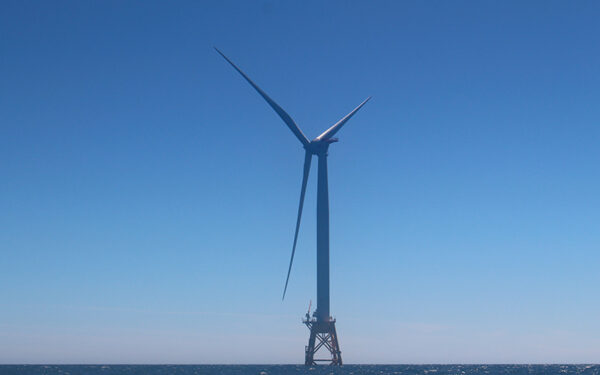
The Gulf of Maine lease sale is a pivotal step in our clean energy transition and for the region to significantly reduce climate-damaging emissions.
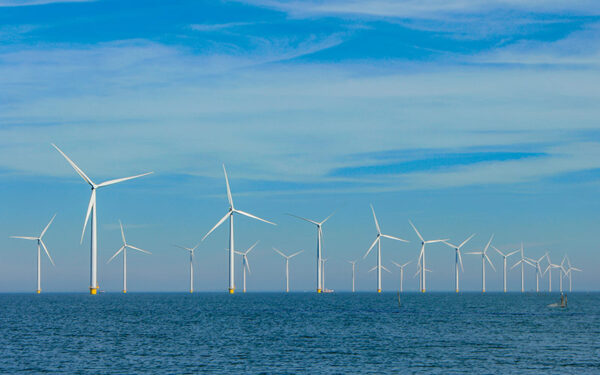
Follow our tips to nurture a strong, thriving tree canopy.
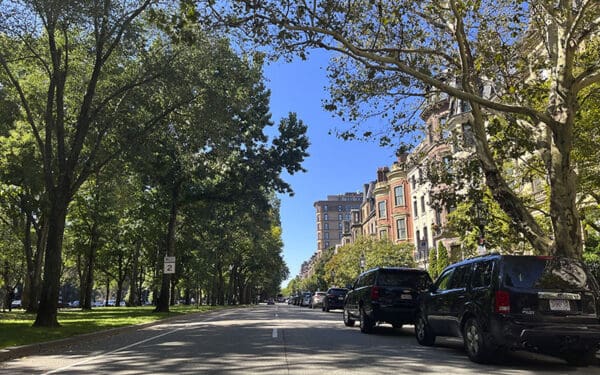
I thought I had found a climate haven for me and my family. After Helene, I realized that there is no haven for any of us.
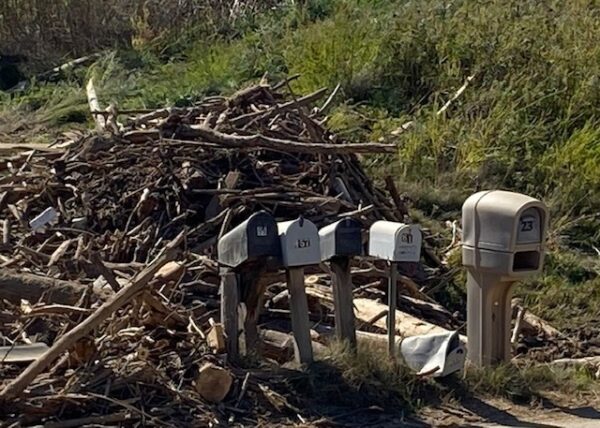
There is no haven from climate change. Like a B-movie horror film, we might run from the boogieman to locales we think are safe, but the scale and magnitude of climate change are so great that, sooner or later, the boogieman will get us.
Our only recourse now is to take our heads out of the sand and work to do something about it.
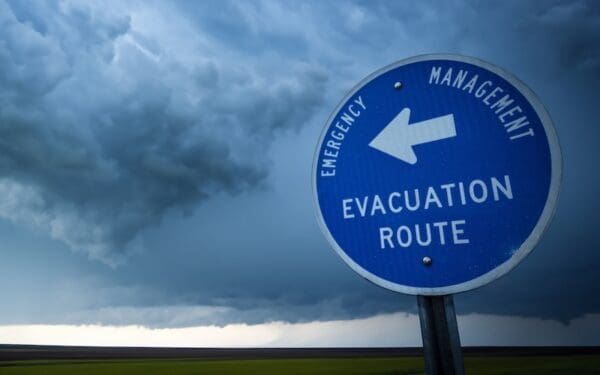
An increasingly accepted principle in city halls and state houses is that communities can become more resilient to extreme weather by leaning into nature.
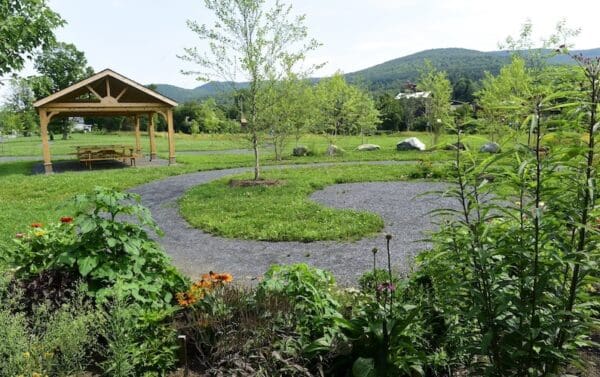
Underwater photographer Brian Skerry shares his unique perspective on the Gulf of Maine and Cashes Ledge.
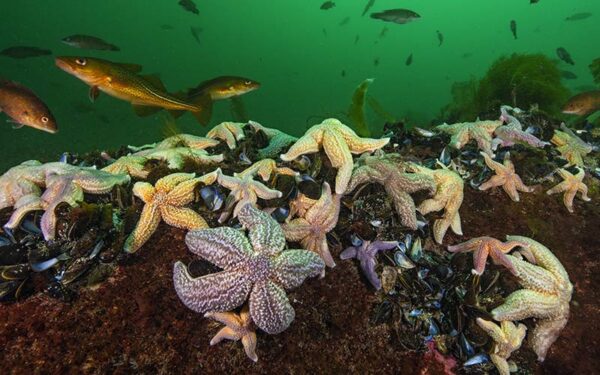
As the impacts of climate change become more intense across New England, nature-based solutions will be a key piece of the solution.
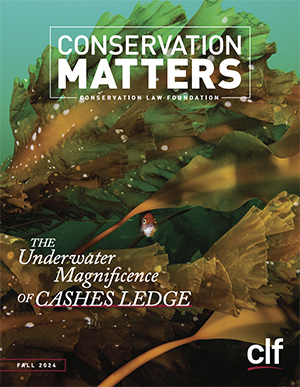
Bottle bills place a small deposit on beverage containers. Consumers get that deposit back when they return the empty containers. Bottle bills tackle litter and improve recycling. Despite these benefits, the waste and beverage industries argue these programs are outdated or unnecessary. But here’s the truth: bottle bills work. Let’s dispel some myths.
